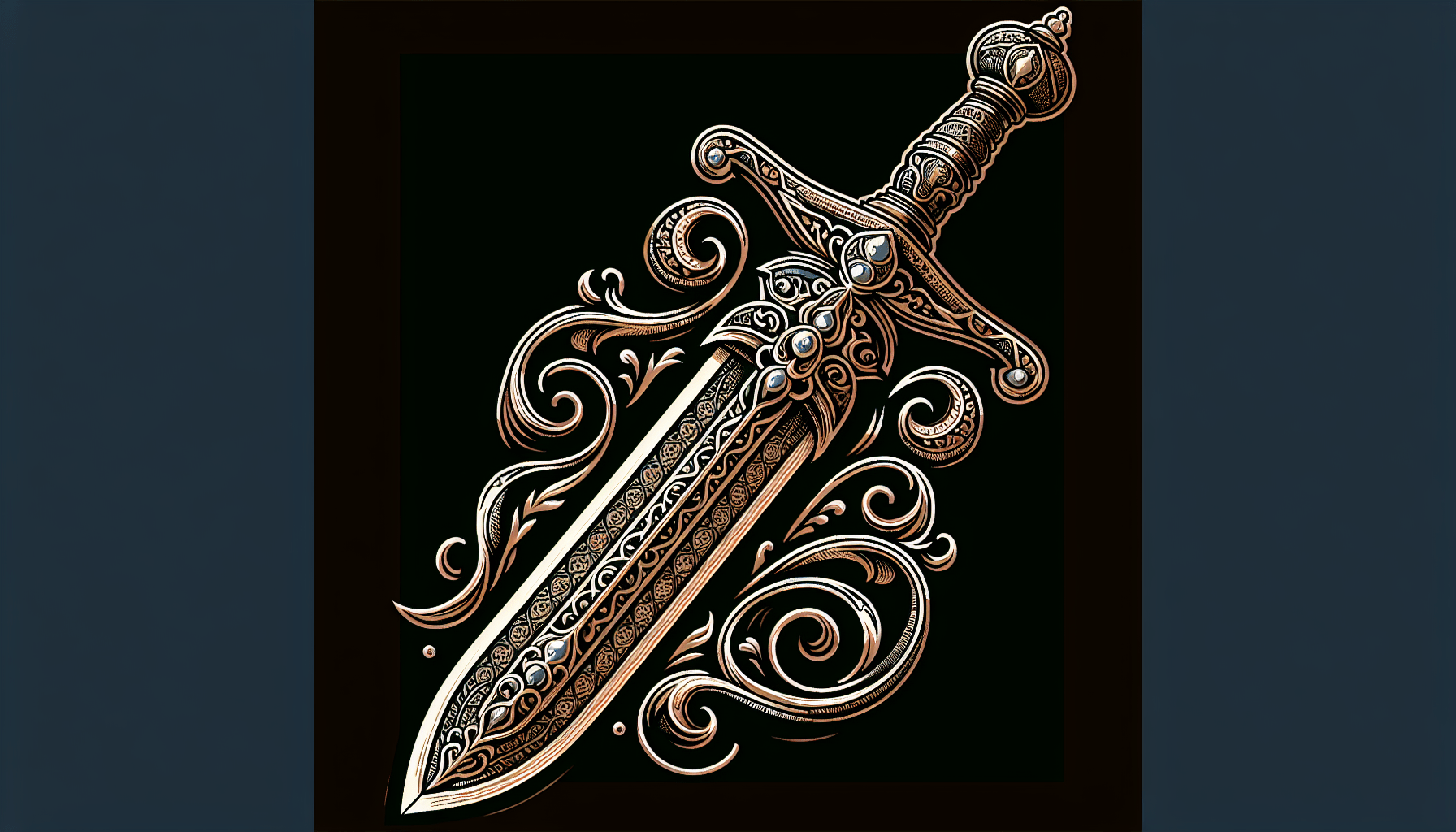Welcome to “A History Buff’s Guide to the Ottoman Caliphs”! In this article, you will delve into the fascinating world of the Ottoman Empire and learn about its powerful caliphs who shaped history. From legendary rulers like Suleiman the Magnificent to groundbreaking reforms under Mahmud II, you will discover the incredible stories behind these influential leaders. So sit back, relax, and prepare to be mesmerized by the rich history of the Ottoman Caliphs. Have you ever been curious about the Ottoman Caliphs and their impact on history? If so, you’ve come to the right place! In this friendly and informative guide, we will explore the fascinating world of the Ottoman Caliphs, their reign, and their contributions to history. So grab a cup of tea, sit back, and let’s dive into the world of the Ottoman Caliphs together.

